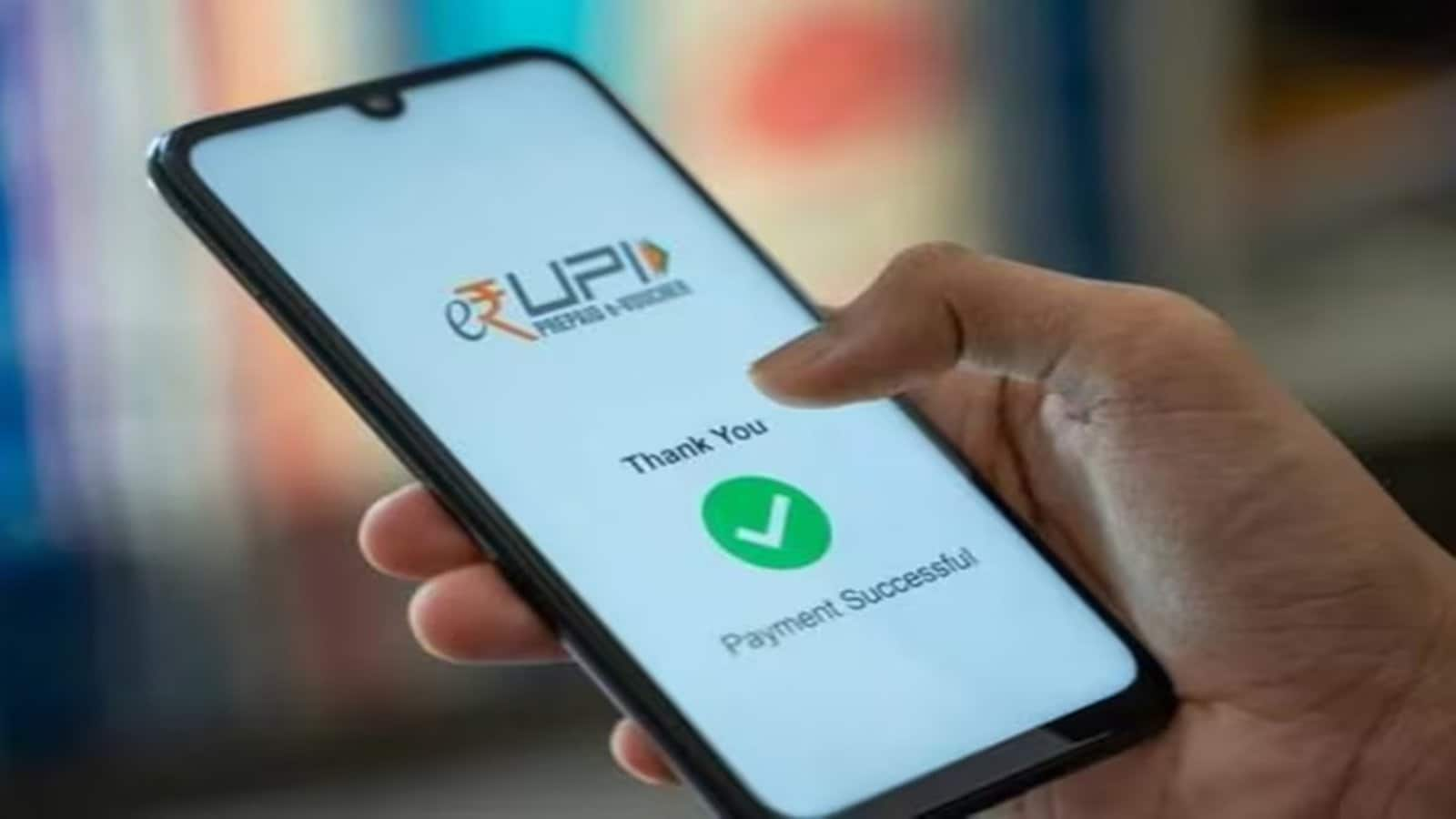
The name of Trinidad and Tobago was also added to the list of countries adopting UPI i.e. Unified Payment Interface. It has become the first Caribbean country to adopt UPI. India and Trinidad and Tobago will explore further support in digital domains. It also includes implementation of India stack solutions such as Digilocker, E-Sign and Government E-Marketplace (GEM).
Prime Minister Narendra Modi was on a two-day official visit to Trinidad and Tobago on 3-4 July. PM Modi has congratulated Trinidad and Tobago on UPI’s adoption. With this, now 8 countries have adopted UPI. Apart from Trinidad & Tobago, other names are France, Bhutan, Mauritius, Nepal, Singapore, Sri Lanka and UAE. However, this service is available only at select merchant outlets.
The meaning of UPI Adoption by other countries
The adoption of UPI from other countries means that they are implementing or integrating the country in their financial ecosystem. Under this, they include permission to use UPI for transactions to their citizens and businesses. They can either do this with Indian entities or develop a system like UPI. In countries with UPI Adoption, tourists from India can pay local merchants through UPI based apps like Google Pay, PhonePe etc. NRIs living in these countries or local citizens there can send money to India with the help of UPI.
Gold Price Today: Gold is ₹ 1410 expensive in a week, this rate is in 10 big cities
During PM Modi’s visit, 6 agreements have been made to increase cooperation between India and Trinidad and Tobago. Possible cooperation was discussed in areas such as agriculture, healthcare and digital transition, UPI, capacity building and contact between people. This is the first bilateral visit of an Indian Prime Minister to Trinidad & Tobago since 1999. India and Trinidad & Tobago established diplomatic relations on 31 August 1962. The same year this Caribbean nation got independence. The country has also sought cooperation from India in digitization and upgradation of its state land registration system.